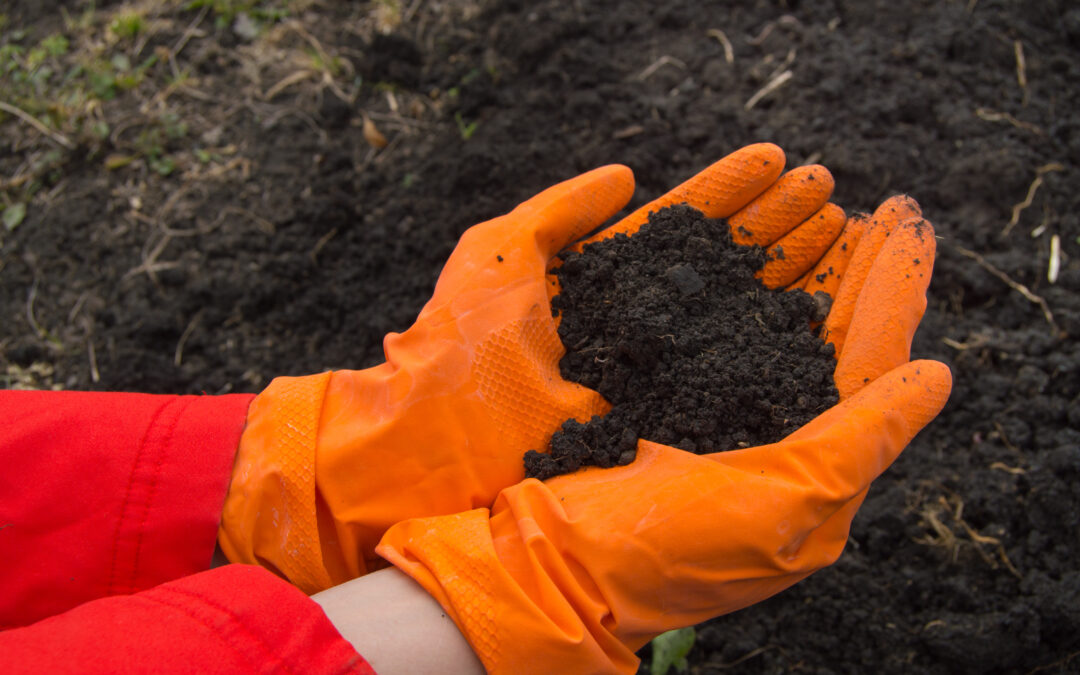Many properties in Louisiana face land and groundwater pollution from historic oil and gas operations. Decades ago, oil companies used unlined waste pits to store drilling fluids, produced water, and chemicals allowing them to seep into the ground. Over time, those substances contaminated the soil and water in those areas. Today, many Louisiana landowners and their attorneys use Legacy litigation to pursue cleanup costs from these past oil and gas operators, but there are often broader impacts to these cleanup efforts that impact landowners and their communities.
What Is Remediation?
When historic oil and gas operations leave behind polluted land and groundwater, remediation is the process used to clean up what was left behind. The goal is to restore soil and water by removing harmful substances or reducing their impact, protecting human health, wildlife, and property.
Starting with testing, experts collect soil samples and monitor wells to track contamination. Then, using a variety of cleanup methods, they remove, filter, or neutralize toxins in place.
Soil Remediation vs. Groundwater Remediation
Soil remediation treats dirt by removing oil, heavy metals, or waste. Groundwater remediation cleans water beneath the ground, filtering out chemicals or redirecting flow. Each approach uses different equipment and must meet safety and environmental standards. Some of the more common methods are listed below.
- Soil Excavation and Off-Site Disposal: Contractors dig out polluted soil and haul it to a licensed treatment facility. Removing the contaminated material at its source stops further spread of toxins and leaves clean ground ready for rebuilding or new use.
- Bioremediation: Specialized microbes break down oil, gasoline, and other chemicals right in the ground. Technicians inject nutrients or oxygen to boost microbial activity, speeding up the natural cleanup process without moving soil off site.
- Pump-And-Treat: Wells pump polluted groundwater to the surface, where it flows through filters or treatment tanks using methods like activated carbon adsorption or air stripping. After treatment, clean water is returned to the aquifer or directed to a drainage system.
Environmental Benefits of Cleanup
Remediation and cleanup bring clear gains for the environment, restoring damaged land and protecting water resources.
Restoring Healthy Soil
Soil remediation removes oil, heavy metals, and other toxins. Clean soil supports crops, wildlife, and recreation. In turn, it curbs land pollution and makes open spaces safe again.
Protecting Drinking Water
Groundwater remediation filters out chemicals and restores well water quality. Safe groundwater reduces health risks. It also ensures reliable water for homes, farms, and businesses.
Reviving Wetlands & Wildlife Habitats
Louisiana’s wetlands filter stormwater, store carbon, and support fish and bird species. Cleanup of polluted land near marshes helps wetlands recover. Restored habitats bring back ducks, fish, and other wildlife.
Remediation’s Health & Community Impacts
Beyond the environmental benefits, cleanup projects also protect people and strengthen communities when property can be returned to normal use.
Reducing Health Risks
Soil pollution and groundwater pollution can cause headaches, skin rashes, and long-term illnesses. Cleanup lowers exposure to harmful chemicals and improves public health.
Economic and Property Value Effects
Remediation brings economic gains by making land safe, usable, and attractive for investment. Since buyers and lenders feel more confident in restored areas, these clean sites draw developers, manufacturers, and service providers.
Lowering Long-Term Costs
Fixing contamination early costs less than dealing with health claims, legal fees, or emergency cleanup later. Remediation prevents future losses in agriculture, tourism, and real estate.
An Attorney’s Role in Legacy Litigation
Under Louisiana law, landowners may file Legacy litigation claims against historic oil and gas operators for remediation and damages. These lawsuits force those companies to pay for soil remediation, groundwater remediation, and related costs. A skilled Legacy litigation attorney helps landowners secure funds for cleanup and fair compensation.
Attorneys guide clients through the complex process associated with filing a Legacy claim. They gather site data, hire experts, and work with regulators. A Legacy litigation attorney traces liability through leases and corporate records. They help landowners make sure the right parties are identified to cover cleanup and damages. They may negotiate settlements or take cases to trial. In either case, they aim to fund and monitor cleanup plans.
Why Every Landowner Should Consider Remediation
Remediation creates a healthier, safer, and more prosperous Louisiana. These cleanup methods reverse soil and groundwater contamination from Legacy oilfield pits, pipelines, and wells. Landowners, neighbors, and local governments all benefit from restored land and water.
If you own property with a history of past oil and gas operations, remediation may restore usable land and protect your family’s health. Our team at Talbot, Carmouche & Marcello has guided Louisiana landowners through Legacy litigation for decades. Contact us today to protect your clean-up rights and retain control of your land’s future.

